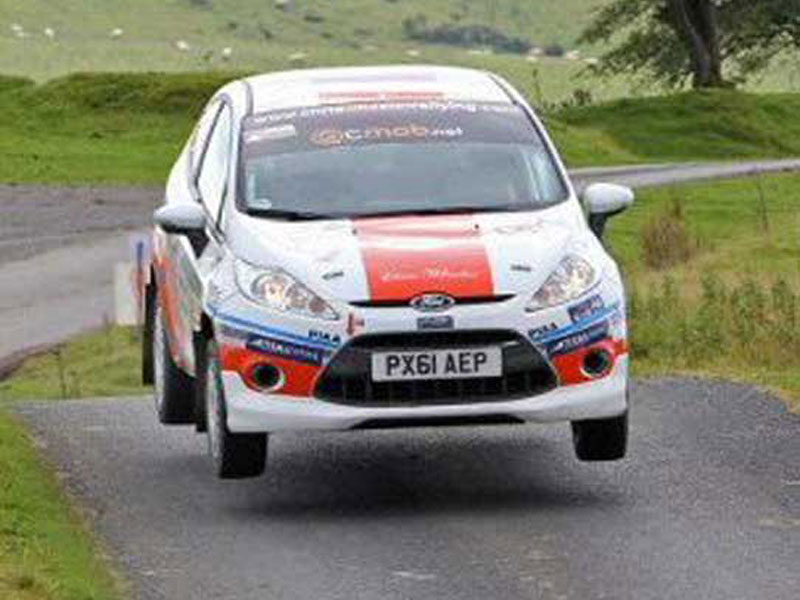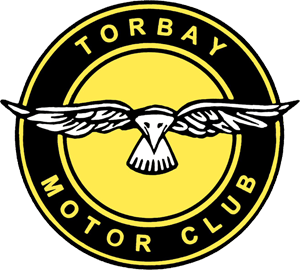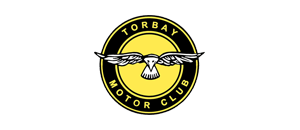Rallying
Rallying is one of the most popular forms of motor sport in Britain; although there are varying levels of modification ‘under the skin’, the cars generally look like those we all drive and have a crew of two – a driver and co-driver, or navigator – who work as a team.
In all competitive rallies, cars normally start at one-minute intervals, competing against the clock rather than directly against each other as they would in a race.
Although the club does not currently organise any competitive rallies, we have members competing at regional and national level in stage rallies, and a small, but growing, group of members taking part in historic road rallies, both in the UK and abroad.
In all competitive rallies, cars normally start at one-minute intervals, competing against the clock rather than directly against each other as they would in a race.
Special Stage rallies require a high degree of car modification whereas at the other end of the scale, standard, unmodified, everyday cars can be used for navigational rallies, 12-car navigational rallies and ‘Scatters’, making them some of the cheapest forms of motor sport available. All competing cars must be taxed, MOT tested and insured.
Minimum Requirements For Stage Rallies
Additional safety equipment (e.g. roll cage, fire extinguishers and fireproofing) and a Motorsport UK Log Book; both crew members need valid Motorsport UK Interclub Stage Rally licences and club membership cards; crash helmets, flame-resistant overalls and gloves (for the driver) to specified standards.
The driver must be at least 17 years old, hold a valid RTA Driving Licence and have passed a BARS (British Association of Rally Schools) test; the co-driver must be at least 16 years old.
Junior drivers may start stage rallying earlier (at 15), but only on selected, single-venue, events, in cars with engines less than 1000cc and with a co-driver who holds a National Stage Rally licence.
All of the rules and requirements are detailed in the annual ‘Blue Book’, available from Motorsport UK.
Some of the variations are...
Table-top Rally
Navigational Scatters
Twelve Car Navigation Rally
These events are sometimes run in the evening, last from two to four hours, covering about 45 miles and are limited, as the name suggests, to a maximum of 12 cars.
Navigational Road Rally
They typically start after 11.30 p.m. on a Saturday night and finish during the early hours of Sunday; the route can be as much as 150 miles in total.
Historic Road Rally
Cars must be at least 25 years old.
Targa Road Rallies
Events run under a Motorsport UK Interclub permit and have a minimum of 6 ‘special tests’ of manoeuvrability and driving skill linked by navigational road sections, usually at least partly on the public highway.
Special Stage Rallies
The 'special stage' is a stretch of road closed to all other traffic, marshalled at intervals and cars are timed to the tenth of a second with special clocks. Following on from well-established events in Northern Ireland, the Isle of Man, the Isle of Mull, the Channel Islands and Scotland, recent changes in legislation has meant that more events are now running on closed public roads. Others use Forestry Commission tracks (‘loose surface’ or ‘forest’ rallies) or disused airfields and other private land (‘asphalt’ rallies).
The special stages are linked by sections of public road, where the required average speed is low (usually 28mph or lower). Because of this, all competing cars must be taxed and insured, with a current MOT certificate.
Most of the world’s most famous rallies are special stage events, for example the Wales Rally GB, Britain’s round of the FIA World Rally Championship.







